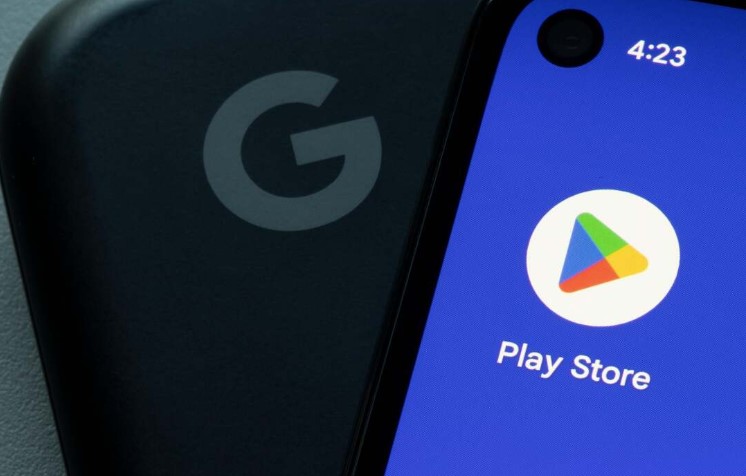All you need to know about WhatsApp Business API

You’ve come to the right if you want to learn why WhatsApp Business APIs function, how they differ from WhatsApp business apps, plus how they can benefit small businesses. Before you get started, we want to provide you a quick tutorial on everything you could want to know.
WhatsApp is a popular messaging program that is used by over 1.5 billion users every day. As a result, using WhatsApp for business interactions is a wise business move.
In this post, you’ll have a thorough understanding of what Whatsapp API is, what to do to register a WhatsApp API account, how to use WhatsApp broadcast, how can you manage the contacts, and how to deliver WhatsApp API messages in the best possible way.
In a nutshell, the WhatsApp Business API enables enterprises to establish a customized communication flow that is tailored to their consumers’ needs. The WhatsApp API was created to assist medium and big businesses that wished to utilize WhatsApp to connect with a large number of clients at once.
With automation replies, WhatsApp chatbots, and interactive messages, the WhatsApp Business API allows organizations to automate conversations. WhatsApp Business is a free software focused on assisting small business owners. This enables small businesses to engage with clients, sell their services and products, and provide ongoing support.
However, the abilities are limited and are not scale-able. Businesses can use WhatsApp APIs provided by BSPs to build their solutions based on WhatsApp APIs. These BSPs can assist you in communicating with your consumers via WhatsApp APIs for permitted use cases such as customer assistance and tailored time-sensitive notifications.
The Whatsapp API Portal is not yet accessible to all users. To deliver WhatsApp Business API to all other businesses, Facebook has picked 40-50 third-party solution providers. WhatsApp API is designed to help businesses grow. Because the Whatsapp App is designed for small enterprises, it lacks functionality such as bulk messaging to consumers and leads.
Integrations and APIs can be used to send messages automatically. Multiple logins and a support dashboard are available. WhatsApp API, on the contrary, has a number of conversation automation tools.
WhatsApp API, for example, has no application or front-end interaction and must be incorporated directly into company software, unlike WhatsApp Business App. Only WhatsApp Business Solution Providers, or BSPs, have access to the WhatsApp API.
The most obvious response is that firms with two-four employees can usually manage using the freemium WhatsApp Business app. It’s a good idea to switch to a WhatsApp Business API when your company grows.
Decision making, on the other hand, appears to be significantly more difficult. Let us assist you in determining what is best for your company.
If you want to use WhatsApp for business, you should use the WhatsApp Business API. You run a huge company with over 300 customers with whom you’d like to connect on WhatsApp.
You’re looking for a way to send notifications automatically to your consumers using WhatsApp API. You need to use WhatsApp to attract new consumers, improve customer service, or provide a tailored shopping experience. You’ll need more than two individuals to handle the expected level of talk.
Agent response times and the amount of time spent on each interaction are crucial to your organization; then, you will need a third-party technology tools like WhatsApp API to boost your total team efficiency.








